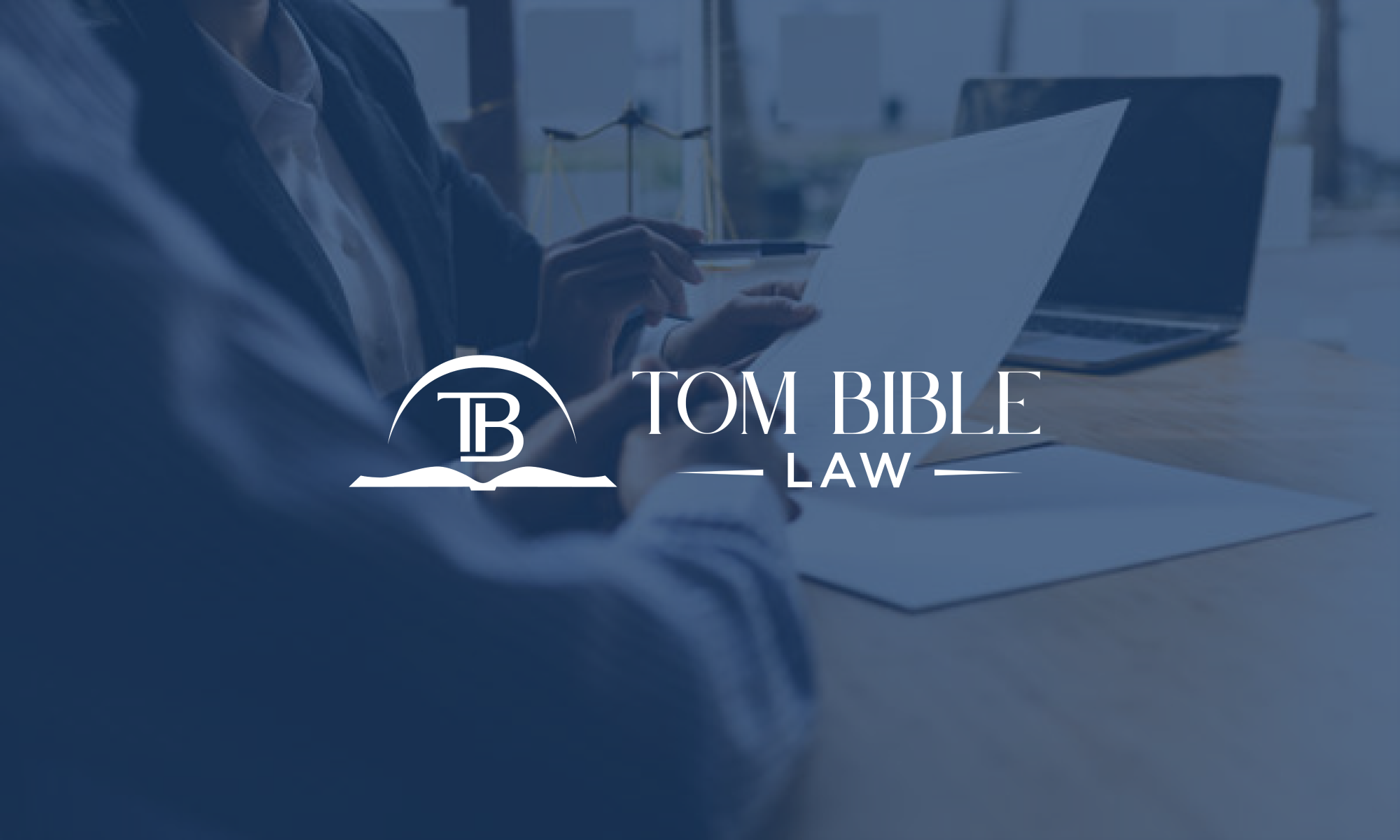Chapter 11 bankruptcy can be a lifeline for small business owners facing overwhelming financial challenges. This form of bankruptcy allows businesses to reorganize their debts and operations while continuing to operate, providing a potential path to financial recovery. Understanding the basics of Chapter 11 is crucial for small business owners considering this option.
What is Chapter 11 Bankruptcy?
Chapter 11 bankruptcy, often referred to as “reorganization bankruptcy,” is a legal process that enables businesses to restructure their debts under the protection of the bankruptcy court. Unlike Chapter 7 bankruptcy, which involves liquidating assets to pay off creditors, Chapter 11 allows businesses to stay open and attempt to become profitable again.
The Filing Process
The process begins with the business filing a petition with the bankruptcy court. This petition can be voluntary (filed by the business itself) or involuntary (filed by creditors). Along with the petition, the business must submit detailed financial information, including assets, liabilities, income, and a list of all creditors.
Once the petition is filed, an automatic stay goes into effect. This stay halts all collection actions against the business, providing temporary relief from creditors and giving the business breathing room to reorganize.
Developing a Reorganization Plan
One of the most critical components of Chapter 11 bankruptcy is the reorganization plan. This plan outlines how the business intends to restructure its debts and operations to return to profitability. It may include measures such as reducing expenses, renegotiating leases, selling non-essential assets, and modifying payment terms with creditors.
The business has an exclusive period, typically 120 days, to propose this plan. During this time, creditors cannot propose their plans. After the exclusive period, if the business has not submitted a plan, creditors may propose their own.
Approval of the Plan
For the reorganization plan to be implemented, it must be approved by the bankruptcy court and the creditors. Creditors are divided into classes based on the type of debt (e.g., secured, unsecured, priority), and they vote on the plan. A majority of creditors in each class must approve the plan for it to move forward.
If the plan is approved, the business begins to implement the changes outlined in it. The court oversees this process to ensure compliance. If the plan is not approved, the court may allow the business to modify and resubmit it or convert the case to a Chapter 7 bankruptcy.
Benefits of Chapter 11 Bankruptcy
Chapter 11 offers several benefits for small business owners. First and foremost, it allows the business to continue operating, preserving jobs and ongoing customer relationships. The automatic stay provides immediate relief from creditors, preventing foreclosure, repossession, and other collection actions.
Additionally, Chapter 11 can provide a framework for negotiating with creditors. The threat of prolonged bankruptcy proceedings can motivate creditors to agree to more favorable terms. Furthermore, Chapter 11 allows businesses to reject burdensome contracts and leases, which can significantly reduce expenses.
Challenges of Chapter 11 Bankruptcy
Despite its benefits, Chapter 11 is not without its challenges. The process is complex, time-consuming, and expensive. Legal fees, court costs, and administrative expenses can add up quickly, straining the business’s finances further.
Additionally, Chapter 11 requires a high level of transparency and scrutiny. The business must provide detailed financial disclosures and undergo regular court oversight. This can be daunting for small business owners who may be unaccustomed to such scrutiny.
Conclusion
Chapter 11 Bankruptcy can be a powerful tool for small business owners facing financial distress. It offers the opportunity to restructure debts, renegotiate with creditors, and return to profitability while continuing operations. However, it is a complex and demanding process that requires careful consideration and expert legal guidance.
Small business owners contemplating Chapter 11 should consult with a bankruptcy attorney to thoroughly understand the implications and develop a viable reorganization strategy. With the right approach, Chapter 11 can provide a path to financial recovery and long-term success.
Call Tom Bible Law Today!
Facing financial distress in Chattanooga? Contact our experienced bankruptcy lawyers today for a free consultation. We’ll help you navigate Chapter 11 bankruptcy, protect your assets, and develop a plan for financial recovery. Don’t wait—call us now at 423-874-6628 to take the first step toward a brighter financial future.


